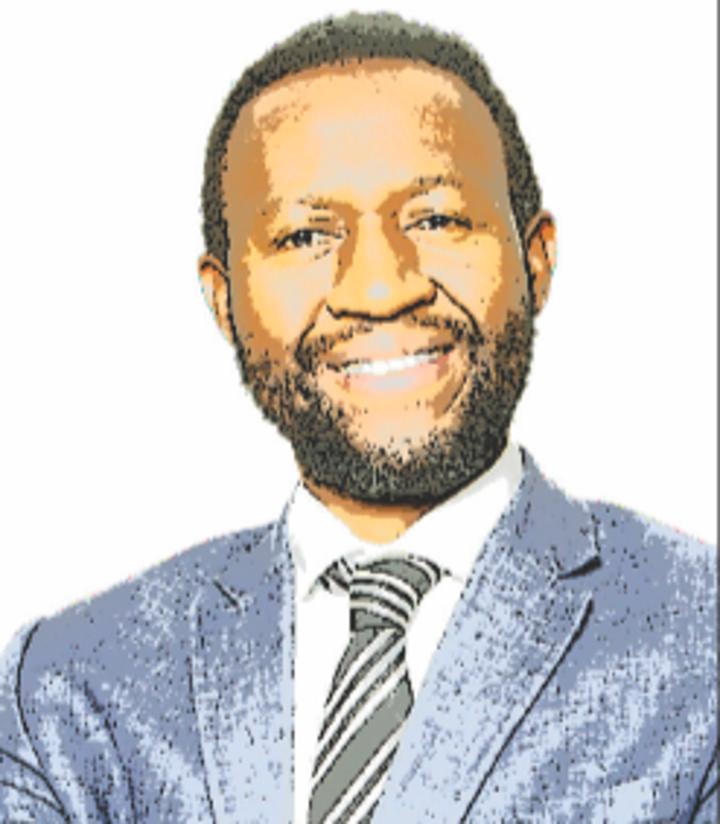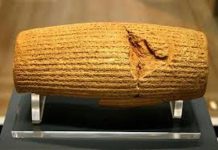Africa-Press – Namibia. WEIGHED DOWN by years of corruption, incompetence and indifference, the ANC fell below 50% in the 1 November 2021 local government elections for the first time since it came to power at the end of apartheid in 1994. It brought an end to South Africa’s liberation era when the party dominated politics, society and public discourse.
The ANC received 46% of the national vote, falling lower in metropolitan cities such as Pretoria, Johannesburg and Durban. In Pretoria, it received 34,31%, in Johannesburg 33,6%, in Durban 42,2%, and in Nelson Mandela Bay 39,43%.
Like all African liberation movements, the ANC has benefited from supporters voting on past loyalties forged from the struggle against colonialism and apartheid – rather than their record in government – keeping them in power, despite corruption, incompetence and indifference.
However, many ANC supporters have given up on the party, although many preferred not to vote rather than vote for other parties, believing it would be akin to selling out. Only 48% of more than 26 million registered voters turned up for the November poll. Astonishingly, no one pitched up at three voting locations in the country.
Most of South Africa’s major metropolitan areas are now in opposition hands while in many places where the ANC is in the majority, the party is governing in coalitions. From a catch-all mass party with support in all areas, it is now only dominant in rural areas.
This is in line with the typical trajectory of decline of dominant African liberation and independence movements. After years of corruption, incompetence and unresponsiveness, long-suffering loyal voters finally desert them, starting with the poor, working and middle classes in urban areas.
YOUNGER VOTERS A new generation of younger voters with no experience of the ANC as a liberation movement have come to maturity with the ANC being in power all their lives. Unlike their parents, they have no sentimental attachment to the party.
For this younger group, there is the added frustration that the ANC, a deeply patriarchal liberation movement, is led mostly by geriatrics stuck in a ‘them against us’ Cold War world, holding on to Marxist-based policies, and using archaic revolutionary language as if they are still an anti-apartheid opposition group, and not the government responsible for delivering. As with other African countries, new parties eventually emerge, which the sitting liberation movement often underestimates. They believe that their supporters will always vote for them because of their struggle credentials even if they are corrupt and incompetent.
The ANC’s poor governance has seen the formation of many new parties. There have been breakaways by members who either lost out on the spoils of corruption, like the Economic Freedom Front, or have been disgusted by it, such as the Congress of the People.
Some new parties have been launched by South Africans who have never been part of the ANC or been in politics. These include Action South Africa, set up as a business friendly, multi-racial party, and led by businessman Herman Mashaba. Action SA only contested elections in three provinces but proved to be the standout success in this election.
As the working and middle classes and businesses desert liberation movements, they strengthen their ties with traditional leaders, chiefs and kings in rural areas, who bring them the rural vote in return for patronage. The same has happened with the ANC.
Unless the party finds the political will to renew itself by getting rid of the corrupt, incompetent and tribalists, it will continue its downward slide in urban areas. This could see its support to drop to the lower reaches of 40% or the higher reaches of 30% in 2024, which would see it need a coalition to govern at national level, or be in opposition. COMPLACENCY
ANC leaders appear spectacularly complacent. It’s almost as if they refuse to acknowledge corruption, incompetence and indifference as the main reason for the party’s losses. Opponents of president Cyril Ramaphosa, such as former ANC and SA president Jacob Zuma, wrongly blamed Ramaphosa for the failure. They want Ramaphosa out – conveniently forgetting the state capture under the Zuma faction is the main reason for the current economic, social and political crises.
Ramaphosa is currently more popular than the ANC. If Ramaphosa was not the leader, the ANC would have dropped below 40% in these local elections. Many supporters voted for the ANC because of Ramaphosa’s presence, although it was not a national election.
The post-election blame game is likely to plunge the ANC into a long period of infighting, while the concerns of voters will be put aside which will make renewal impossible. This could lead to the electoral collapse of the ANC in the next election.
Many ANC leaders appear to be living in denial and under the assumption that the voters will return to the party. Like many African liberation movements, the party is structurally unable to renew itself while in power because its leaders are so focused on hoarding state resources that talks of renewal are mere rhetoric.
Furthermore, ANC renewal demands being brutal in removing the corrupt – something party leaders have been reluctant to do because so many leaders are implicated – fearing there may be no party left after a clean-up. Leaders also fear that members prosecuted for corruption will break away.
If this trajectory – of impotence, lack of political will and being too distracted with infighting and looting to embark on the hard and complex renewal process – continues, it will mean the ANC will be in opposition after the 2024 national elections.
For More News And Analysis About Namibia Follow Africa-Press






